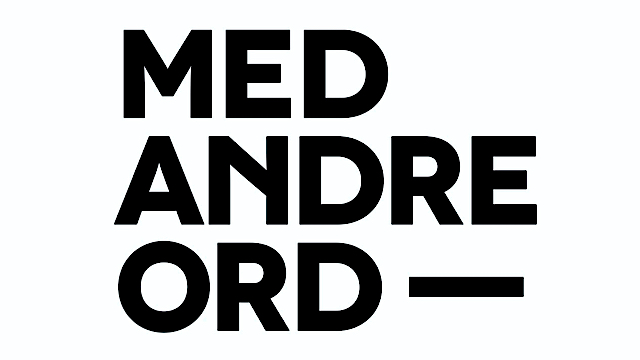How should I describe the student-teacher relationship in Denmark? It is almost blasphemously egalitarian compared to Germany, it is more open than in the Netherlands, and in spite of having taught EU decision making, the students in one of the most EU sceptic countries proved to be more open and more engaged than anything I would have expected.
Whilst these frivolous relations between teacher and student might mediate some laziness on the side of Danish students, this is not the case. In no other country have I seen such a workload in terms of readings and such a depth of engagement with the texts. The Danish student is an omnivorous learner, frequently posing questions, which I couldn’t answer, but also left me asking myself “Why would anyone ask this?” Granted, this was my first time teaching, so my sample is far from representative, but in the short time I have spent with students at the University of Copenhagen, I was convinced by the advantages of open and direct communication between students and teachers.
This was not the case when I first started at KU. I remember meeting Prof. Hansen for my PhD interview, and him asking me to refer to him by his first name. It was quite a shock coming from Germany, I can tell you that. But I was even more aghast when I learned that this is the mode of communication between professors and students.
Over time, it has become obvious to me, that this open communication only benefitted both the students and the faculty. It is now my firm belief that it is exactly this unstifled rapport that leads to the engaged and active attitude of the students. In an environment where you can pose any question and think of your instructors as more advanced peers, it is only laziness that can prevent you from excelling. And the KU students are not lazy. Before I started teaching, the most daunting thing was knowing that I would lecture the best and brightest of Denmark’s youth. The prevalence of 12s among the student body (and the Danish understanding of a 12, as not merely an excellent, but outright exceptional accomplishment) made the weeks and even months before commencing teaching especially nerve-wracking.
In the course of my classes I had the opportunity to test the students’ dedication and diligence. Halfway through the semester, I had to rearrange the course for three sessions, which meant that we had to meet on a Sunday. Expecting that no more than 5 people would show up, I asked the department for a small budget to reward the students who showed up with some treats. The budget was 150 kroner per session, and since we are in Denmark, the socialist nightmare depicted by US conservative pundits, it wasn’t a problem. We were supposed to meet in the lunch room of the department and to my surprise the usual set up of the room – one big conference table in the middle of the room, was not enough to accommodate everyone. We had 2 or 3 students sitting outside of the big table in the centre. I am not sure if everyone got a treat.
The overachiever character of the students was further exemplified to me in their extracurricular activities, if you can call them that. The ubiquity and nature of the students’ professional development parallel to their studies, has really struck me. I don’t know exactly how many students who worked in a ministry or were part of a political party, but I know it was enough to impress me.
Although much of the genuinely open and conducive learning environment can be credited to the active students, the course structure and examination practices should also be mentioned. This is the only country where I have seen such well-structured oral exams. Whilst in the Netherlands you would only get a ten minutes’ chat with your instructor, the oral exam at KU is a half an hour discussion, supervised by another, external, examiner. The exam is accompanied by a synopsis and at the end, the student must receive an account of her/his mistakes and a justification of the grade. Another thing is the feedback from the students. At KU, students give feedback about the course, halfway during the semester. This again underlines the high level of communication between the teachers and the students.
I personally capitalized on this and only found it to be to my benefit. Instead of relying on Absalon for communicating with the students, I opened a Facebook group where I uploaded presentations and shared updates about texts or sessions. Speaking with the students over Facebook prior to their presentations or before the exams really helped me get the pulse of the room.
“Overall, my relations with the students have really been a joy during my PhD. It was by far the most rewarding experience, which eclipses even the feeling of being published. I loved the courses I taught and the students of KU were a huge part of the reason” – Nikolay Vasev
In my opinion, the biggest rift I have experienced with the students was due to the theoretically parsimonious contents of my courses. I think the department places great emphasis on theory, and the students have come to expect a strong theoretical focus during the courses. The empirical accent in my curriculum naturally came at the expense of theory and this was probably the most troubling element of my courses.
Overall, my relations with the students have really been a joy during my PhD. It was by far the most rewarding experience which eclipses even the feeling of being published. I loved the courses I taught and the students of KU were a huge part of the reason.

